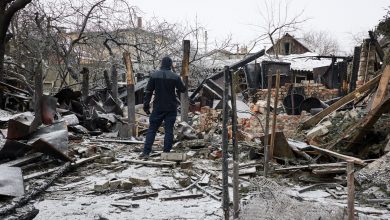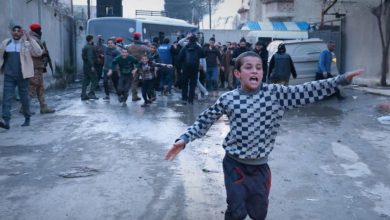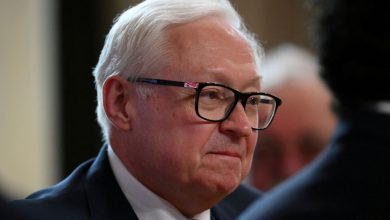The enduring conflict in Syria has left a trail of profound psychological and material wounds, particularly for the families of the detained and missing. Years after the initial uprisings, the search for answers and closure continues, often met with frustration and despair.
One woman, Inam Muhi al-Din al-Dibs, a wife of a martyr and mother to three more who fell in the revolution, recounted the agonizing disappearance of her daughter, son-in-law, seven-month-old grandson, uncle, mother-in-law, and two other grandchildren. They were taken from their neighborhood in Douf al-Shouk, Damascus, in the early hours of August 4th, 2013, by an unknown entity. Since that day, their fate remains a mystery.
Inam has tirelessly searched for any information, visiting security branches and military facilities. Even after the fall of the regime, she searched the infamous Sednaya prison, but all in vain. Now, she finds herself receiving only generic and ultimately unhelpful responses from the “National Commission for the Missing” during meetings with affected families in Douma, Rural Damascus.
Similarly, Lamia al-Abdullah pleads for the publication of her story, detailing the disappearance of her son, born in 1982, and her husband, born in 1959, both abducted from the streets in 2013. Lamia alleges that her son was taken by the “Al-Sumaria Committees,” a militia group, along with a significant sum of money. Her husband was taken, along with his car, from Al-Midan district in the same year.
Lamia echoes Inam’s sentiment, finding these meetings “useless.” Both women, along with others, lament the meager assistance provided by some local organizations to the families of the missing. The psychological toll on these families is immense, and the need for comprehensive support, both emotional and material, is critical. The question remains: who will truly address the deep wounds inflicted by loss and uncertainty, and provide the necessary healing for Syria’s forgotten victims? DZWatch will continue to follow this important story.




